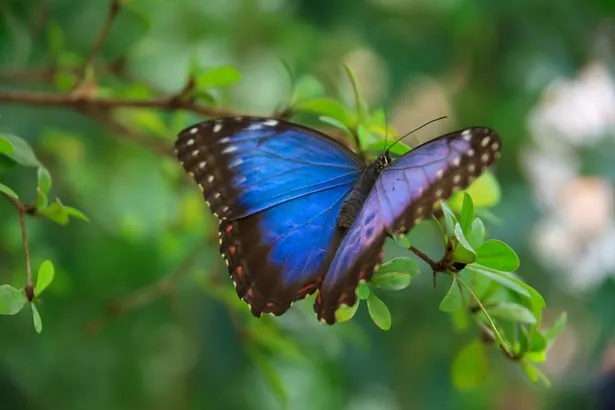Movin’ on up to cooler climes

Climate change impacts on the natural world are accelerating rapidly.
‘Many plants and animals are proving to be highly sensitive to the changes in climate we have experienced over the last few decades’ says Professor Lesley Hughes from Macquarie University.
Lesley says there are now hundreds, if not thousands of examples of shifts in distributions of plants and animals as they respond to the changing climate. ‘We are also seeing insects emerging earlier, many animals mating earlier, plants flowering earlier, and migrating birds arriving in Australia sooner and leaving later,’ says Lesley. ‘In some cases, the responses of individual species are having significant flow on impacts to ecological communities.’
For example, the long-spined sea urchin (Centrostephanus rodgersii) has expanded its range from coastal NSW to Tasmania, where it has established extremely successfully. As the urchin eats kelp, this shift has had huge impacts on kelp beds, affecting the habitat of many other species, including commercial lobster populations.
Such movements are consistent with responses to the changing climate. You can find out more at connect.coastadapt.com.au/discussion/159/movin-on-up-or-heading-south-to-cooler-climes

Scientell is working with the National Climate Change Adaptation Research Facility (NCCARF) on their online discussion about coastal adaptation, CoastExchange. You can sign up at connect.coastadapt.com.au.
Author:
Date Posted:
October 6, 2016
